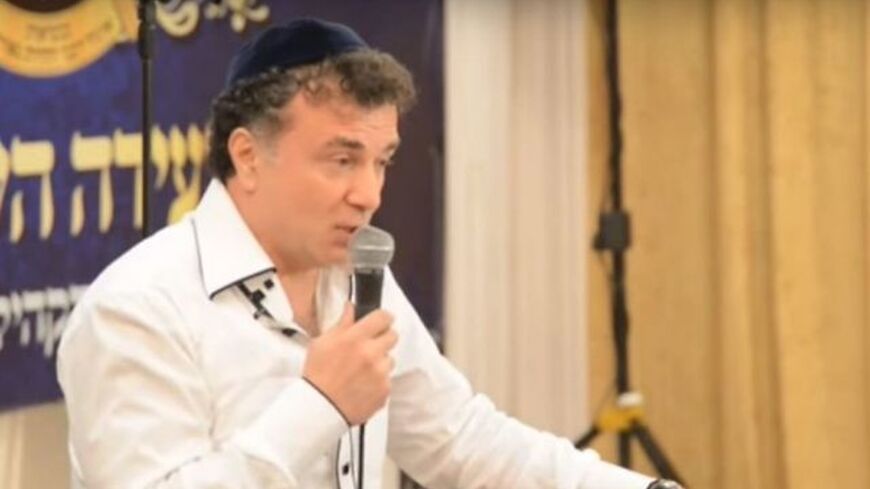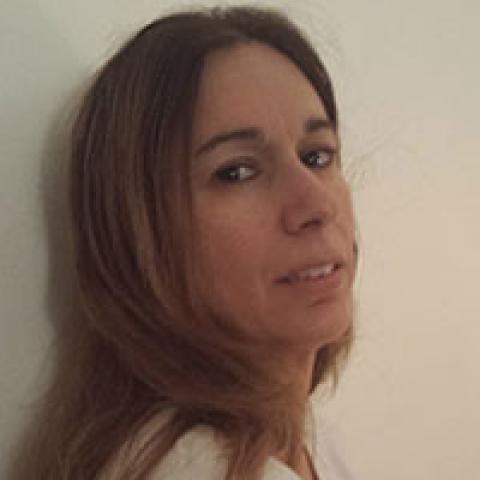Israel's Zman Yisrael news outlet reported Monday that Israeli-Georgian billionaire Mikhael Mirilashvili was blacklisted this past February by Ukraine for allegedly supporting the Russian invasion of the country. Unnamed associates of Mirilashvili told the newspaper the businessman is being persecuted for unjust reasons, claiming that many of the businesspeople on the Ukrainian sanctions list were added only because of their Russian-sounding last names.
While the listing appeared on the Ukrainian government's website on Feb. 28, 2023, Mirilashvili's blacklisting was not reported in Israel until Monday.
Ukraine's blacklist contains thousands of individuals and companies suspected of supporting Russia. Like other cases, the notification on Mirilashvili includes a call for governments worldwide "to sanction this person for their support of Russia’s war against Ukraine." The notification notes Mirilashvili’s birthdate but no personal details. Also, it lists the reason for sanctioning Mirilashvili as "Decree of the President of Ukraine from Feb. 26," without offering any other details. Mirilashvili is currently sanctioned only by Ukraine — not by the European Union or the United States, as are several on Ukraine's blacklist.
Mirilashvili is well known in Israel for several reasons. The Russian-language publication “Business St. Petersburg” listed him in 2016 as the second-wealthiest businessman in the city, with a net fortune estimated at $3.6 billion. The publication “Israel Forbes” placed the Mirilashvili family as 144 on its 2022 list of the world's Jewish billionaires, with an estimated fortune of $2.9 billion. His business enterprise operates in the fields of high tech, real estate, construction of shopping malls, casinos, the petroleum industry and renewable energy. He is one of the founders of the fourth-largest social network VKontakte (mostly used in Russia) and is president and co-founder of the Israel-based Watergen company, which develops atmospheric drinking water devices.
The Yad Vashem Holocaust Remembrance Center offers a long biography of Mirilashvili, eulogizing his philanthropic activities and noting that he currently serves as president of the Euro-Asian Jewish Congress, vice president of the World Jewish Congress and president of the Jewish Congress of St. Petersburg.
Israel’s financial newspaper "The Marker" had published in the past that Netanyahu helped promote Watergen when it was still a startup. Mirilashvili's son, Yitzhak, is the owner of Channel 14, which is affiliated with the Israeli right. Israeli newspaper "Makor Rishon" estimated last year that the Mirilashvili family invested millions in efforts to make Channel 14 profitable. 2017 legislation on turning public channels into commercial ones enabled the former public Channel 20, also called the Tradition Channel, to transform itself into an enterprise. At the time, the opposition accused the Netanyahu government of passing the law just to accommodate the right-wing channel. Both father and son have donated in the past to ultra-Orthodox Shas Party leaders and are connected to several Russian-origin Israeli politicians.
Mirilashvili is not the only Israeli of dual nationality blacklisted by Ukraine. Yaakov Kedmi, who headed the Israel Nativ liaison bureau (responsible for contacts with Jews in the former Soviet Union bloc) from 1992 to 1999, also appears on the list. Contrary to Mirilashvili, Kedmi was also blacklisted by the European Union. Also contrary to Mirilashvili, the Ukrainian notification details at length accusations against him, including his alleged participation in pro-Kremlin propaganda shows, alleged accusations on his part against Ukrainian leaders and qualifying them as Nazis.
Other holders of Israeli citizenship sanctioned by Ukraine are Roman Abramovich, Igor Zimenkov and his son Jonathan Zimenkov, Gilad Piflaks, Viktor Vekselberg, Viatcheslav Moshe Kantor and Sergey Adoniev. All of these people also appear on the United States blacklist over Ukraine. Still, this is just a partial list. Israel’s Foreign Ministry told Al-Monitor it does not keep lists of Israelis sanctioned by Ukraine, the European Union or the United States. The Ukrainian Embassy in Israel also noted it was difficult in many of the cases to determine the different citizenships held by people sanctioned, which is why the lists are not nationality-based.








